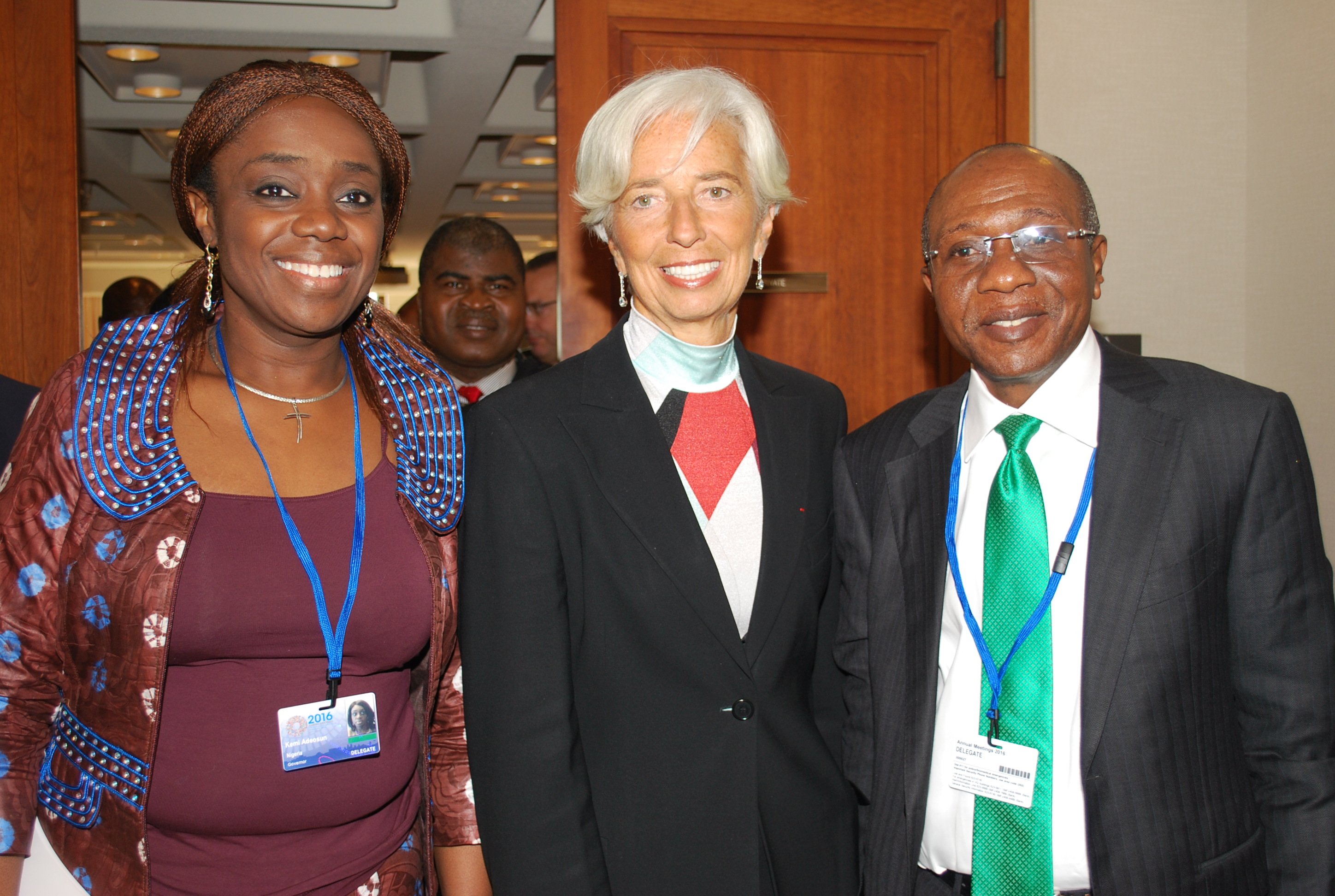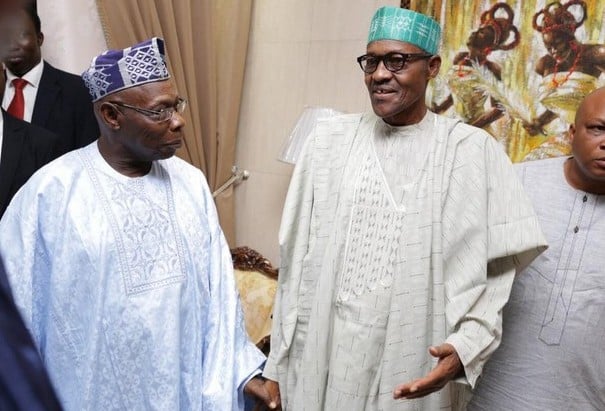Nigeria’s aviation woes are set to continue as two foreign airlines are about to suspend flights from Nnamdi Azikiwe International Airport, Abuja.
While Emirates intends to suspend its flights from Saturday, October 22, Kenyan Airways has served notice to follow suit from Tuesday, November 15.
There are also signals from Emirates that it could quit flying to Nigeria altogether
Prior to Emirates complaint, a number of Airlines had pulled out of Nigeria owing to hardship in repatriating foreign currency on naira-dominated tickets sold in the country, coupled with hardship in getting aviation fuel.
Advertisement
In September, the airline revealed that it had begun refuelling its daily Abuja-bound flight in Accra, Ghana, and had already cut its twice-daily flights to Lagos and Abuja to only one.
A spokesman for the airline said Nigeria risks being “naked” due to its inability to drive an easy fund repatriation policy.
“In certain African countries, the currencies have really gone down, so we’re reflecting on a number of these to look at where it’s just not worth us travelling,” Tim Clark, Emirates president, was quoted by Reuters to have said.
Advertisement
While speaking on the sidelines of an International Air Transport Association (IATA) event, the president emphasized that the difficulty in recovering its tickets in dollars would impact its financial statements.
“We have major differences, being dollar-denominated, in what we collect and what we represent in our financial statements,” Clark said.
According to Reuters, Clark said the first half of its financial year had been tough compared with last year.
The Central Bank of Nigeria (CBN) last week, took a bid from authorised foreign exchange dealers to provide forex to clear the demand backlog by airlines and manufacturers operating in Nigeria.
Advertisement
The airline introduced fees this month for passengers who want to select their seats in advance on economy class fares and Clark said the airline could consider introducing other charges on some services, such as fees for additional bags, “where there’s a value proposition, rather than a penalty”.
He added that Emirates’ load factor – a measure of capacity utilisation – for the rest of 2016 and 2017 would probably be in the mid-70s to low-80s in percentage terms, though there would be some peaks and troughs.
1 comments







Nigeria needs to do all it can to halt these negative development.